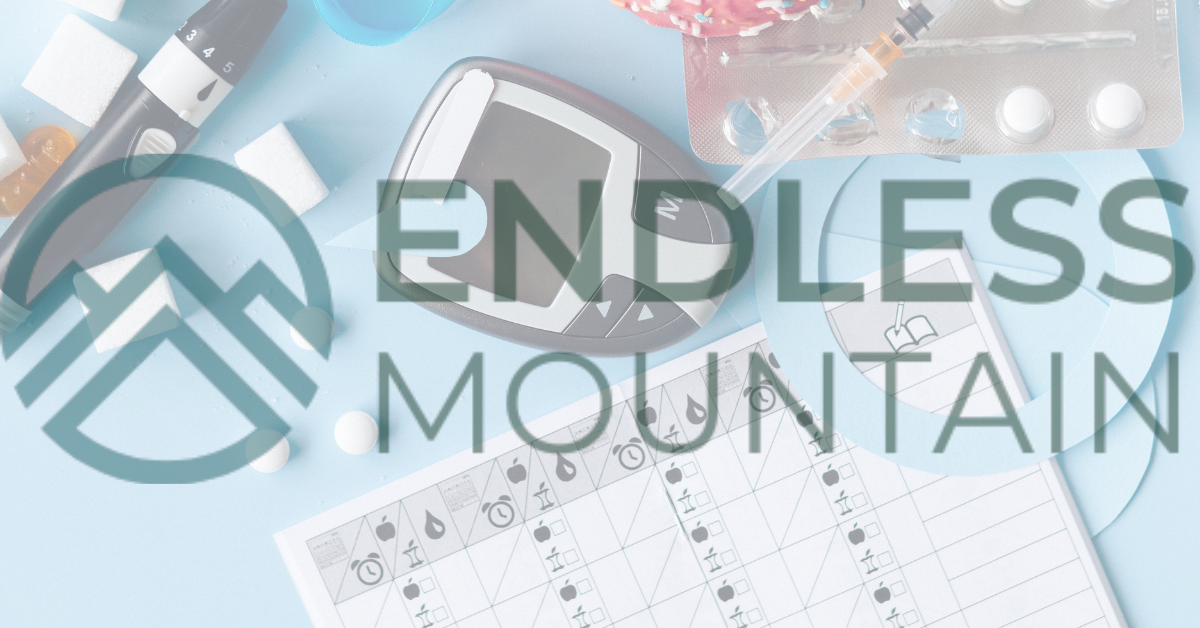The Blood Sugar-Craving Link: Unlocking the Secret to a Stronger Recovery
Maintaining sobriety is a challenging journey, and many people in recovery are surprised by the intense cravings they experience—even after detox. What most don’t realize is that blood sugar fluctuations can play a significant role in these cravings. The link between blood sugar and addiction recovery is often overlooked, yet it has a powerful impact on mood, energy levels, and the body’s ability to resist cravings.
In this blog, we’ll explore the hidden connection between blood sugar and cravings and provide actionable tips on how to stabilize blood sugar levels to support a healthier recovery.
The Surprising Role of Blood Sugar in Recovery
Addiction takes a toll on the body’s systems, and one of the hardest-hit areas is the regulation of blood sugar. During active substance use, the body often prioritizes processing drugs or alcohol over maintaining a stable blood sugar balance. Once in recovery, fluctuations in blood sugar can trigger intense cravings, mood swings, and fatigue.
How Blood Sugar Affects Cravings:
- Low Blood Sugar: When blood sugar drops too low, the body releases stress hormones like cortisol and adrenaline. This can mimic the feelings of anxiety or irritability, which can increase the urge to use substances as a way to self-soothe.
- High Blood Sugar: Conversely, high blood sugar levels can lead to crashes, leaving the body feeling depleted and triggering sugar and substance cravings.
Why It Matters: Without stabilizing blood sugar levels, the brain interprets these imbalances as distress signals, which can lead to increased cravings for substances or sugar as a quick source of comfort.
Breaking the Sugar-Substance Cycle: Why Cravings Linger
Substances such as alcohol and drugs often interfere with the body’s ability to regulate blood sugar. Alcohol, for example, can lower blood sugar levels dramatically, while drugs like stimulants can increase sugar cravings due to heightened dopamine activity.
Why Sugar Feels Like a Replacement:
In early recovery, the brain craves a sense of reward. Sugar provides a quick dopamine boost, mimicking the pleasurable effects of substances. While this may temporarily satisfy the brain, it can create a cycle of dependence on sugar, leading to continued fluctuations in blood sugar and increased cravings.
Hidden Danger: Relying on sugar to manage cravings can create a new dependency, replacing one addiction with another.
Is Blood Sugar Sabotaging Your Recovery? Key Warning Signs
Recognizing blood sugar-related imbalances is the first step toward taking control of your cravings. Signs that blood sugar fluctuations are affecting your recovery include:
- Feeling irritable, anxious, or lightheaded between meals
- Experiencing sudden and intense cravings for sugar or carbs
- Feeling fatigued or sluggish, especially in the afternoon
- Difficulty concentrating or focusing
- Mood swings or emotional instability
Tip: Pay attention to these warning signs and take steps to stabilize your blood sugar before cravings spiral out of control.
6 Proven Ways to Balance Blood Sugar and Beat Cravings
1. Prioritize Protein and Healthy Fats
Protein and healthy fats help stabilize blood sugar by slowing the absorption of glucose into the bloodstream. Including these in each meal can prevent the spikes and crashes that contribute to cravings.
Good Options Include:
- Lean meats, eggs, and fish
- Nuts, seeds, and avocado
- Olive oil and coconut oil
Pro Tip: Aim to have a source of protein or healthy fats with every meal and snack to keep your blood sugar balanced.
2. Eat Consistently Throughout the Day
Skipping meals or going too long without eating can cause blood sugar to drop, leading to intense cravings. Eat small, balanced meals every 3-4 hours to maintain stable blood sugar levels.
Meal Timing Suggestions:
- Start the day with a high-protein breakfast
- Incorporate nutrient-rich snacks between meals
- Avoid going more than 4 hours without eating
3. Reduce Sugar and Refined Carbs
While sugar and refined carbs provide a quick boost, they lead to rapid spikes and subsequent crashes in blood sugar. Limiting processed foods, sugary snacks, and white flour products can help reduce fluctuations and minimize cravings.
Healthier Substitutes:
- Swap white bread for whole-grain alternatives
- Choose fruit over processed sweets
- Opt for complex carbohydrates like sweet potatoes and quinoa
- Stay Hydrated to Curb False Hunger
Dehydration can sometimes be mistaken for hunger, leading to unnecessary eating or cravings. Drinking enough water throughout the day helps prevent this and supports overall health.
Hydration Tips:
- Aim for 8-10 glasses of water daily
- Include herbal teas or infused water for variety
- Carry a water bottle to stay hydrated on the go
5. Get Quality Sleep to Regulate Blood Sugar
Poor sleep disrupts the body’s ability to regulate blood sugar, which can increase cravings. Aim for 7-9 hours of quality sleep each night to support your recovery and stabilize glucose levels.
Sleep Tips:
- Stick to a consistent sleep schedule
- Create a calming bedtime routine
- Avoid screens and stimulating activities before bed
6. Manage Stress to Prevent Blood Sugar Imbalances
Chronic stress can elevate cortisol levels, which impacts blood sugar regulation and increases cravings. Incorporate stress management techniques into your daily routine to keep blood sugar in check.
Effective Stress Management Techniques:
- Practice mindfulness meditation
- Engage in deep breathing exercises
- Incorporate gentle movement like yoga or stretching
Reclaim Your Recovery by Mastering Blood Sugar Control
Understanding the connection between blood sugar and cravings can empower you to take control of your recovery. By making small, sustainable changes to your diet, hydration, and stress management, you can reduce cravings, stabilize your mood, and stay committed to your sobriety.
Endless Mountain Behavioral Health Center is here to provide guidance and support on your journey. If you’re looking for personalized strategies to manage cravings and maintain lasting recovery, contact us today for expert care and compassionate support.

